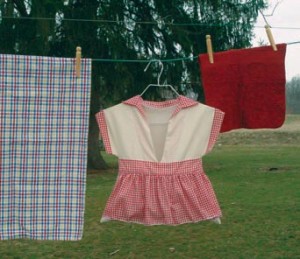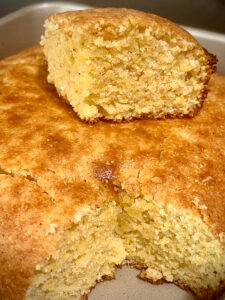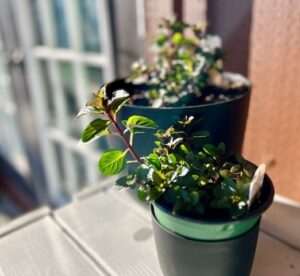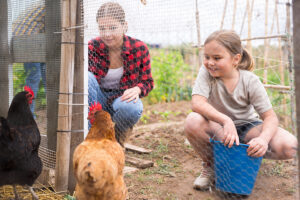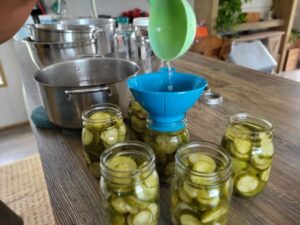Wineries are hip, hot and profitable properties these days, but could vermiculture, otherwise known as worm composting, become the wriggly new trend? With growing awareness about our carbon footprints and the need to recycle, all sorts of old technology is getting a modern twist. The typical American lifestyle consumes so much energy that it would require six planets to keep feeding our consumer habit. We need to increase our commitment to reuse, recycle and renew. Composting is one way that every household can make a contribution to reducing its carbon footprint.
 Composting relies on the humble and hardworking earthworm to aerate layers of paper, garden clippings and kitchen waste. They eat their weight of ‘garbage’ each day and cast their outer skins. These castings help create the rich organic matter that is full of nutrition, which makes compost the gardener’s best friend. All organic matter (and compost is one of the best sources of this) is what keeps soil in good heart and health. The nutrients that those earthworms help create pass along the food chain from the soil to the plant to our plates and, ultimately, our tummies. Recent UK studies have proven that organic milk and tomatoes definitely do contain more trace minerals and vitamins than conventionally farmed produce.
Composting relies on the humble and hardworking earthworm to aerate layers of paper, garden clippings and kitchen waste. They eat their weight of ‘garbage’ each day and cast their outer skins. These castings help create the rich organic matter that is full of nutrition, which makes compost the gardener’s best friend. All organic matter (and compost is one of the best sources of this) is what keeps soil in good heart and health. The nutrients that those earthworms help create pass along the food chain from the soil to the plant to our plates and, ultimately, our tummies. Recent UK studies have proven that organic milk and tomatoes definitely do contain more trace minerals and vitamins than conventionally farmed produce.
Worm composting with wormeries is handy for people who are short of space and want to compost cooked foods. These wormeries were developed in the UK’s temperate climate zone twenty years ago. Since then the inventors have had The Open University, in Milton Keynes, conduct trials on which worm works best. In the trials results, they deemed the Tiger Worm or Red Worm or Eisenia Foetida as the hardest working species of worm.
There are many different designs of wormery and it is best to research which model works with your physical location and your domicile. Wormeries work year-round in Ireland and the UK’s temperate zone. However, worms do not like temperatures that go below freezing or above 84° F. So you may need to put your wormery in a cool basement if you live in areas where the temperatures go above or below these temperatures for long periods of time. In other words, you need to take both your climate and where you will house your wormery into consideration before you adopt your worm pets.

The models that are most popular in the British Isles are the two chamber model with a spigot (to remove the’worm tea’ that is superb plant food); and the ‘Can of Worms.’ The former has the advantage of being completely sealed to keep odours and worms in and flies out. Smaller models could easily fit in a utility room or kitchen cupboard. In warmer periods the Can of Worms might attract flies, so it is best placed outside or in a garage depending on which gardening zone you live in. Or, you can build your own wormery (the book Worms Eat My Garbage is a great resource).
You need to take into account how many people will be contributing to the worms’ feast. This will determine how many worms you need to get composting. While you can buy the worms online, my friend Isabella thinks this is ridiculous. (She is a practical Northern Italian farmwoman at heart). If you live in the country and know where there is a manure heap with a layer of hay on top, just lift up the layer of hay and collect all the worms you could possibly need! (Ask the farmer first, of course.) This is not a task for the squeamish, but then again, I imagine lots of children would find this an exciting activity. It also teaches them to connect with the environment and how the manure and hay and worms all help to put yummy (not to mention healthy) things in our tummies.

